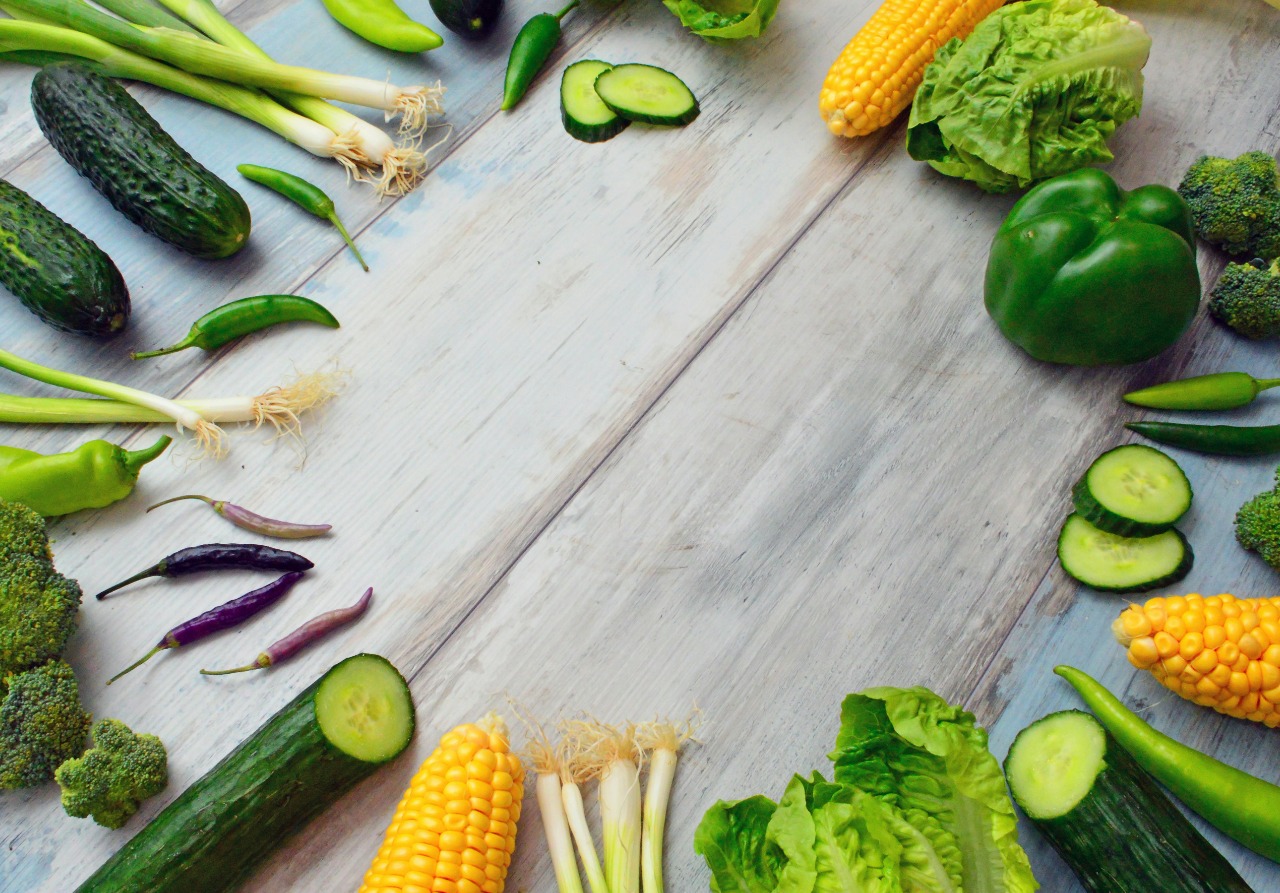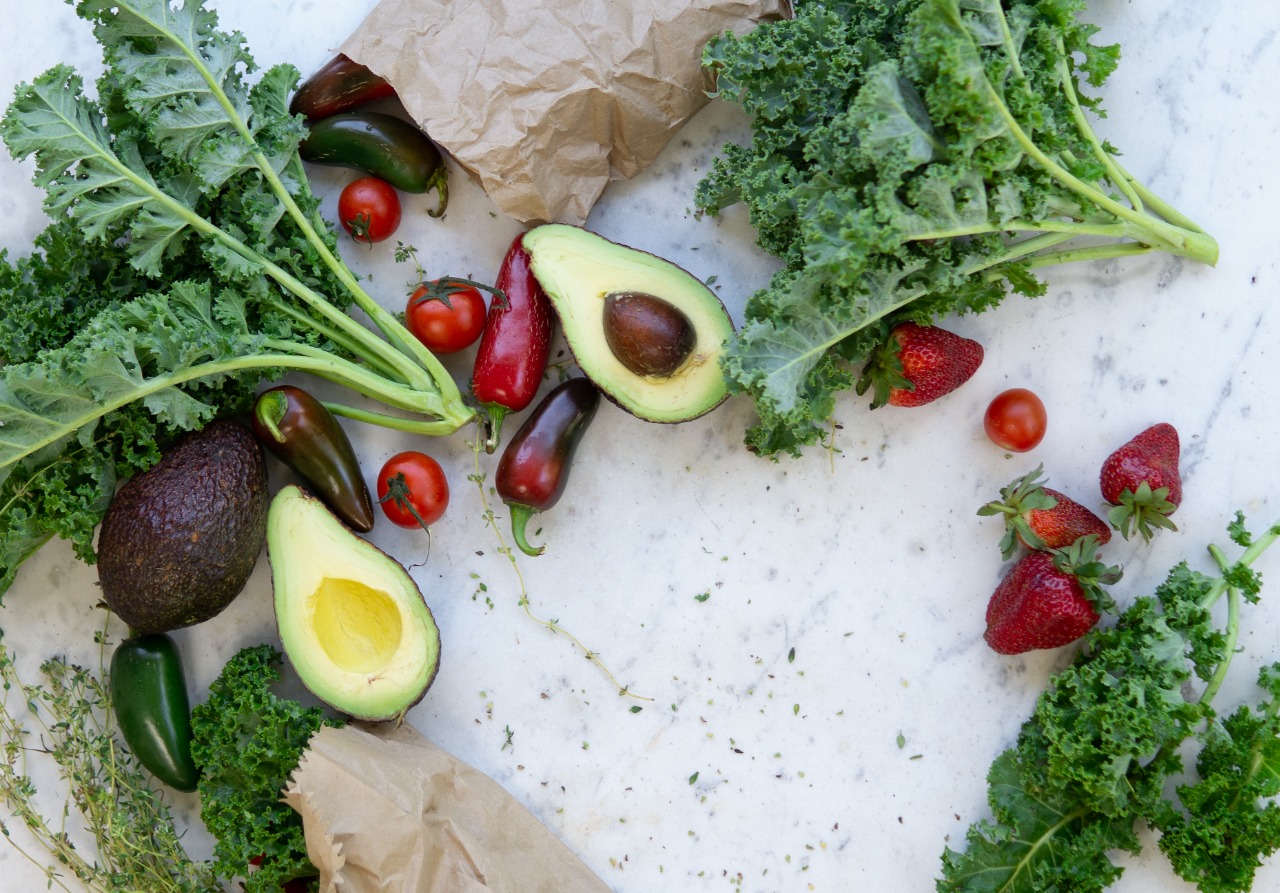When it comes to crafting a balanced and healthy diet, low-calorie vegetables often take center stage. These nutritional powerhouses are not only rich in essential vitamins and minerals but also low in calories, making them a perfect addition to any meal plan. Whether you’re looking to lose weight, maintain your current physique, or simply eat healthier, incorporating more low-calorie vegetables into your diet can provide a wide range of benefits.

1. Weight Management
One of the most significant advantages of low-calorie vegetables is their role in weight management. Because they are low in calories but high in volume and fiber, they help you feel full and satisfied without consuming excess calories. This can be particularly beneficial for those trying to lose or maintain weight. Vegetables like leafy greens, cucumbers, zucchini, and celery can be eaten in large quantities without tipping the calorie scale, allowing you to eat more while still keeping your calorie intake in check.
2. Nutrient Density
Low-calorie vegetables are packed with nutrients, making them a cornerstone of a nutrient-dense diet. They provide essential vitamins and minerals such as vitamin C, vitamin K, folate, potassium, and magnesium, all of which are crucial for maintaining overall health. For example, spinach is rich in iron and calcium, while bell peppers are loaded with vitamin C, helping to boost your immune system and promote healthy skin.

3. Supports Digestive Health
The high fiber content in low-calorie vegetables supports digestive health by promoting regular bowel movements and preventing constipation. Fiber also serves as food for the beneficial bacteria in your gut, contributing to a healthy gut microbiome. Vegetables like broccoli, Brussels sprouts, and cauliflower are excellent sources of both soluble and insoluble fiber, which are key to maintaining a healthy digestive system.
4. Blood Sugar Control
Low-calorie vegetables can play a vital role in managing blood sugar levels, particularly for those with or at risk of diabetes. The fiber in these vegetables slows down the absorption of sugar into the bloodstream, preventing spikes in blood sugar and helping to maintain steady levels throughout the day. Vegetables such as leafy greens, asparagus, and bell peppers are especially beneficial in this regard, as they have a minimal impact on blood glucose levels.

5. Boosts Heart Health
Incorporating low-calorie vegetables into your diet can also contribute to heart health. Many of these vegetables are rich in antioxidants, potassium, and fiber, which work together to reduce inflammation, lower blood pressure, and improve cholesterol levels. For example, tomatoes are high in lycopene, an antioxidant linked to reduced risk of heart disease, while leafy greens like kale and spinach provide potassium, which helps to regulate blood pressure.
6. Hydration and Skin Health
Many low-calorie vegetables have high water content, which helps keep you hydrated. Staying hydrated is essential for maintaining healthy skin, as it aids in flushing out toxins and delivering nutrients to skin cells. Cucumbers, for instance, are composed of about 95% water, making them an excellent choice for hydration. The antioxidants and vitamins found in these vegetables also promote a healthy, glowing complexion.
7. Versatility and Ease of Preparation
Low-calorie vegetables are incredibly versatile and can be easily incorporated into a variety of dishes. Whether you’re making salads, soups, stir-fries, or simply enjoying them raw as a snack, these vegetables add flavor, texture, and color to your meals without adding many calories. Their versatility makes it easy to include them in your diet regularly, ensuring you reap all the health benefits they offer.
Incorporating more low-calorie vegetables into your diet is a simple yet powerful way to enhance your overall health. From aiding in weight management to supporting heart health and digestion, these vegetables provide numerous benefits while being low in calories. So the next time you’re planning a meal, consider adding a generous serving of your favorite low-calorie vegetables—you’ll be doing your body a favor.




